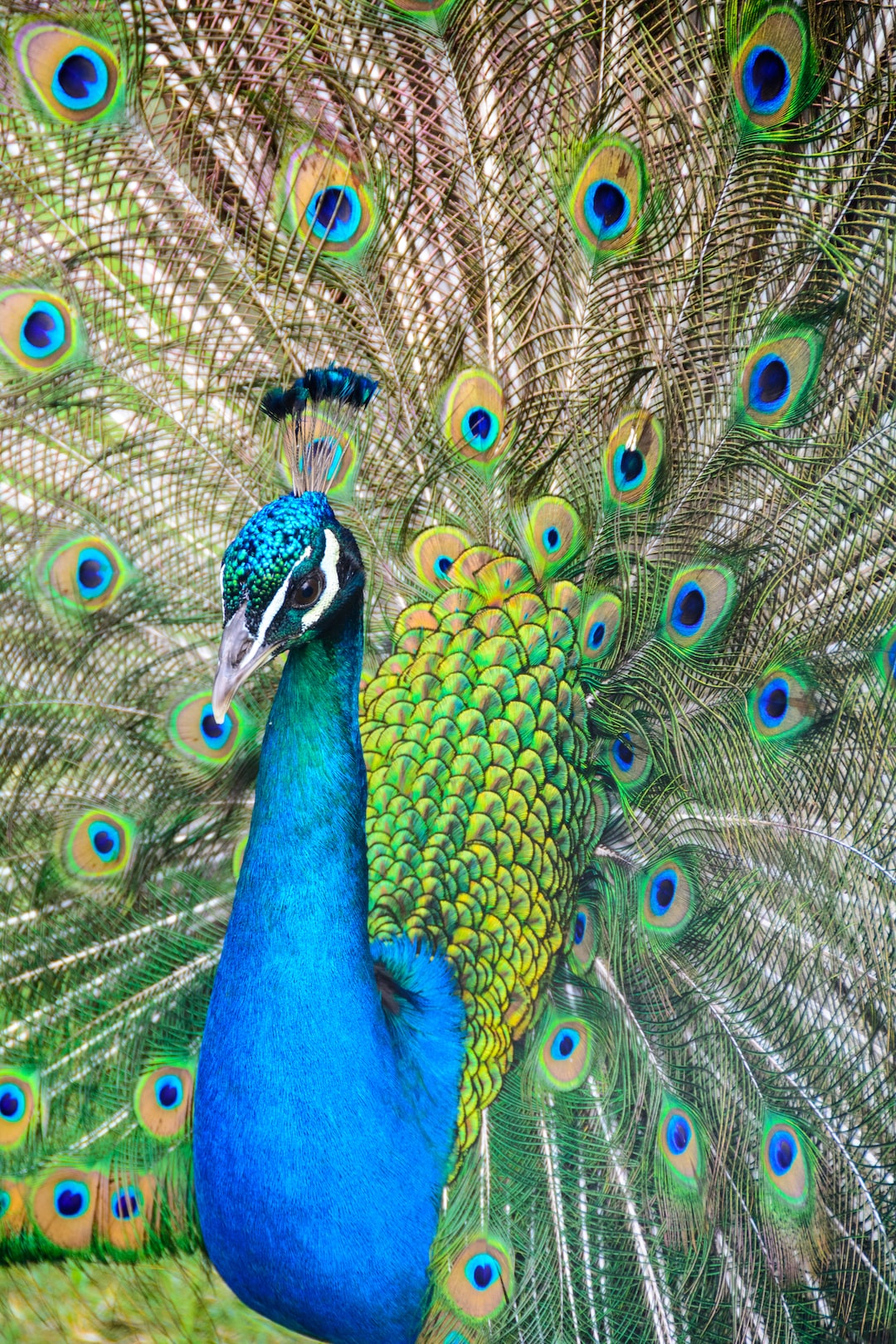Animal Rights: Examining the Ethical Treatment of Animals
In today’s society, the ethical treatment of animals has become a topic of great concern and debate. As humans, we have long recognized our responsibility to care for and protect the welfare of other living beings. However, when it comes to animals, we often find ourselves torn between our desire to utilize them for various purposes and our responsibility to treat them with compassion. This blog post aims to delve into the complexities of animal rights and shed light on the importance of ethical treatment for our fellow creatures.
The concept of animal rights centers around the idea that animals possess intrinsic value and deserve to be treated with dignity and respect. Just as humans have rights and are protected by laws, animals too should be granted certain fundamental rights that safeguard their well-being. However, the recognition and implementation of these rights vary across different cultures and societies, leading to discrepancies in animal welfare standards worldwide.
One of the most contentious issues surrounding animal rights is the use of animals for scientific research and experimentation. While medical advancements have undoubtedly been made through animal testing, this practice raises moral questions regarding the suffering and sacrifice of countless animals. The ethical treatment of animals in laboratories should be of paramount importance, with alternative methods actively sought and used whenever possible to minimize harm. The development of technologies such as in vitro testing and computer simulations for scientific research offers hope for reducing the number of animals subject to experimentation.
Another area of concern is the use of animals for entertainment purposes. Despite increasing awareness, animals continue to be exploited in circuses, zoos, and marine parks. The confinement and forced performances of these animals raise significant ethical issues. It is essential for society to shift towards more compassionate alternatives, such as wildlife sanctuaries and rehabilitation centers, where animals can live freely and without being subjected to constant stress and cruelty.
The meat industry is yet another aspect where animal rights are widely debated. Modern factory farming methods often prioritize profit over animal welfare, leading to overcrowded and unsanitary conditions for livestock. As consumers, we have the power to demand change and support more humane farming practices, such as free-range and organic farming, which protect the well-being of the animals and the quality of the meat produced. Reducing meat consumption through the adoption of vegetarian or vegan diets can also have a significant impact on improving animal welfare.
Additionally, the issue of animal rights extends to the exploitation of animals for the sake of fashion. The use of fur, leather, and other animal-derived materials has sparked outrage among animal rights activists. The fur industry, in particular, has been subjected to intense scrutiny due to the cruel and inhumane practices employed in fur farms. Fortunately, there has been a growing trend towards the use of alternatives such as faux fur and vegan leather, which not only protect animals but also lessen the environmental impact associated with traditional manufacturing methods.
While the ethical treatment of animals is a complex issue, it is crucial for us to acknowledge our responsibility to protect and care for all living beings. Education and awareness play a vital role in driving change and shaping societal attitudes towards animal rights. By supporting organizations that advocate for animal welfare, volunteering at animal shelters, and making conscious choices as consumers, we can all contribute to a more ethical and compassionate treatment of animals.
In conclusion, the ethical treatment of animals is a pressing concern that deserves our attention and action. Animal rights encompass a wide range of issues, including scientific experimentation, entertainment, farming practices, and fashion. It is essential for us as individuals, and as a society, to confront these ethical dilemmas and work towards finding compassionate and sustainable solutions. By recognizing the intrinsic value of animals and actively advocating for their well-being, we can contribute to a more ethical and just world for all living creatures.

